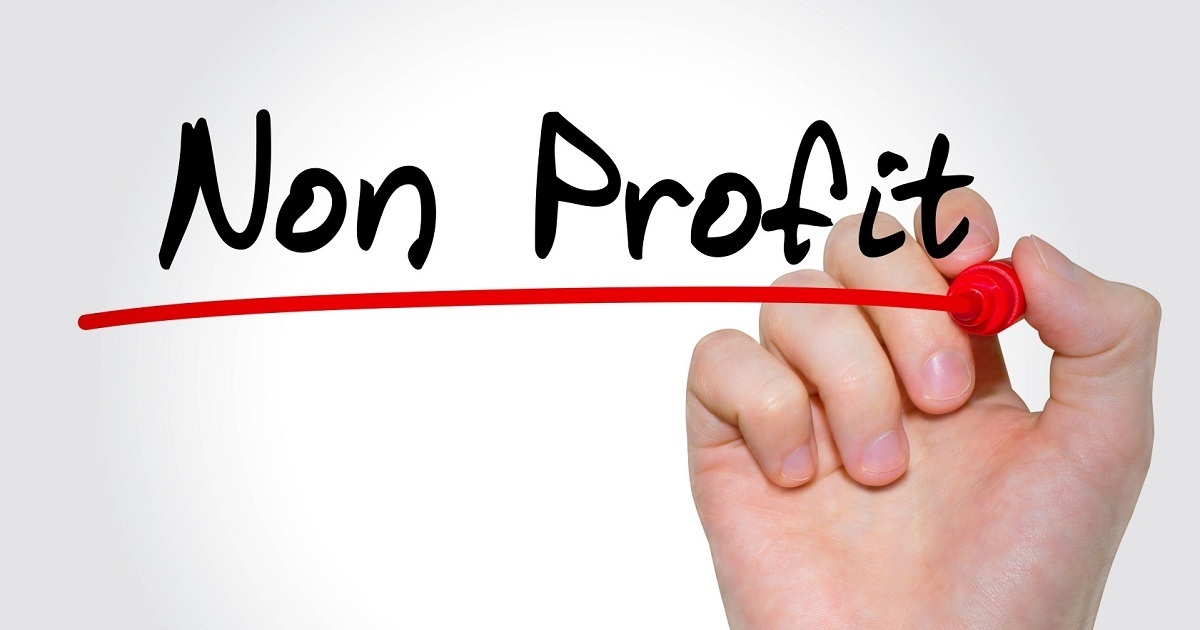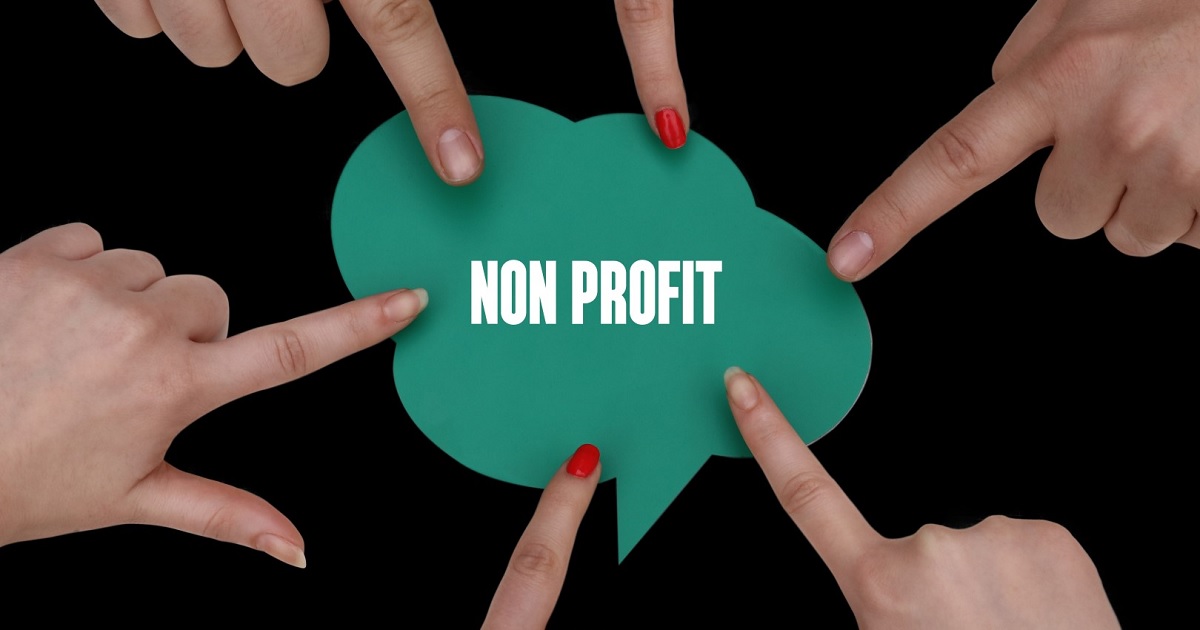
Nonprofit Management
Article | July 28, 2022
Barbara O’Reilly was recently featured on our Responsive Fundraising Podcast, where she discussed the three stages that follow an unexpected world event. First, the response phase, where we each find a way to contain the negative impact of the change. Next, comes the recovery phase, in which we all work together to find a way forward. Lastly, the resilience phase, in which we have recovered and emerge better than before. From the standpoint of COVID-19, we all have navigated the response phase, which triggered a far-reaching economic tremor. It’s fair to say that we currently live in the recovery phase, and probably will for quite a while. But even now, as we recover, our focus should be on the next phase: resilience. Of course, the resilience phase will look differently for everyone, and it is hard to predict exactly what it will look like for your nonprofit. However, there are ways for you to ensure that the work you do now will increase your annual revenue and improve donor retention while you recover and build resilience. Here’s how responsive fundraising can make that easier.
Read More

Nonprofit Management
Article | July 11, 2022
With more than 33 years working in, or for, the nonprofit sector, I've learned a lot of things about being an executive director or CEO of a nonprofit organization. I wish someone had been around to tell me beforehand what I should know, but unfortunately, like many E.D.'s I was originally thrust into the mix without a clue. So, for your benefit, here are the top 10 things I wish I knew before I joined a nonprofit board. Perhaps they will help you to serve better on the right board or to prevent you from serving on the wrong board for your specific background, talents and temperament.
1. The Board, Not the CEO, is Accountable
Board members need to understand that it is not the CEO but the Board that is in the box at the top of the organizational chart. Being in that top box means accountability for everything that happens in the organization. The buck doesn’t stop with the CEO but with the board.
I’ve seen this: For several years, an organization covered expenses by spending down every penny of a $1.5 million endowment. Every year, their board of high-powered business people approved a budget that actually planned for income from bequests, as if they could predict when their donors might die. When things finally came to a head, the board’s response was to ask the ED, “Well what are you going to do about this?” It never occurred to them that THEY had been accountable for the mess all along!
The board, corporately, is ultimately accountable when things go right, and when things go wrong, and it needs to know how to put that accountability into practice.
2. A Board Should Never Micromanage
Some boards see micromanagement as the road to accountability. Some see it as a detriment, but still can’t seem to stop. Either way, if your board is micromanaging, they are on the road to failure.
I’ve seen this: An organization had come through a time of financial hardship. They had eliminated their debt and were now operating from a position of fiscal strength. The board, however, was still in hardship mode, scrutinizing every purchase, no matter how small. They took 10 minutes at a board meeting to “investigate” why the staff went to one store vs. another, where they could have saved (I’m not kidding) $20 on a $200 item. The staff knew that every move they made would be second-guessed, and eventually they became immobilized. The board saw this as further proof of the need for scrutiny, and that cycle eventually crippled the organization.
Micromanagement is the opposite of accountability. True accountability is proactive and preventative, while micromanagement is reactive and fear-based.
3. My Involvement Will Not Fix a Dysfunctional Board
Sometimes our ego gets in the way, and we think that our involvement with a board will finally fix whatever problems the board has been having. From poor attendance to bickering and feuds, to the countless other issues boards face, my personality and skills alone will never solve these problems. It will simply bring one more person into the morass, to endure and potentially exacerbate those problems.
I’ve seen this: Board members in a rural area often drove for as much as an hour to get to board meetings, only to find there was no quorum. Frustrated, they instituted policies for removing board members who failed to attend meetings, only to lose those board members entirely. The reason? Aside from reviewing reports, the board did virtually nothing of significance for the organization. Once the board refocused its purpose (and then refocused its meetings!), attendance was almost always 100%. And new board members could be assured that board meetings wouldn’t waste their time.
4. My Time on the Board Does Not Equal Money
Every board should have a policy requiring board members to donate to the organization to the best of their means. This is NOT a fundraising issue. This is a living-by-example issue. If the board doesn’t believe the organization is worth investing in, why should a donor? How can we ask others to give generously when we haven’t done so ourselves?
I’ve seen this: Some of the board seats of an organization serving low income families are reserved for recipients of the service. As a condition of a large gift, a donor wanted to be assured the board had all donated as well. When the “client” board members were asked, “What amount could you give - even if it’s just 25¢?” they all gave. One client wept as she handed over a $1 bill. “This is an honor. No one has ever asked me to participate in this way before,” she said. However, some of the non-client board members became angry, saying they were never told they would have to donate their time AND their money.
With a giving policy in place, prospective board members will know what is expected of them BEFORE they join the board, and before a donor puts them on the spot by asking, “Has all your board given to the organization?”
5. The Board/CEO Relationship is Crucial for Success
If the board’s relationship with the ED isn’t great (or it stinks), or there are hard feelings between the board and staff overall, this will carry into every decision made by the organization. The Board/CEO relationship is like a marriage. It requires work! It also requires a great deal of trust and communication. Without these two ingredients, the organization is likely to ultimately fail.
I've seen this: An ED spent 20 years growing an organization to a nationally recognized and widely copied model for providing service. The board began attracting heavy-hitters, many of whom joined for the status of affiliating with this group, but who felt little passion for the mission. A rift was created between the board, who was mostly concerned about the organization’s finances (which were, by the way, in great shape), and the staff, who were mostly concerned about meeting the community need (for which they continued to maintain a stellar reputation). After a few years of this battle, the ED retired early. It has now been 2 years, and the board is still arguing over what they are looking for in a replacement ED.
Problems between the staff and the board are almost always symptoms of something larger - usually a lack of understanding / focus on the organization’s vision or its values system. It is important that a board with these kind of issues receive some kind of “marriage counseling.”
6. The CEO Should Not Be the Only One Recruiting Board Members
If the nonprofit CEO is the one doing most (or all) of your board recruitment, I probably don’t want to join the board. Look at the organizational chart. Do you really want your CEO hand-picking his/her boss?
I’ve seen this: A CEO did all the recruiting. She also determined what would be on the board’s agenda every month, and provided the board with the information she felt they should have. Not surprisingly, the board never did anything but rubber stamp what the CEO suggested. In this organization, the board really thought they worked for the CEO!
If the CEO is your board’s main recruiter, then your board likely has far more problems than you might suspect.
7. Planning and Implementing are Two Different Things: Both are Needed
An organization needs plans for how it will impact the community and plans for how it will ensure it has the capacity to create that impact. If the board has plans, but no clue about the status of those plans, that’s just as bad. An organization's plans are your answer to the big questions - Why are we here? What are we trying to accomplish for the community? If the board can’t answer those basic questions, then what exactly is the board doing?
I’ve seen this: An organization was required to have a strategic plan for accreditation. Every year they hired a consultant, created a plan, and did nothing to implement it. When they called to ask us to facilitate their next planning session, we told them we couldn’t do a plan unless we were assured the board would monitor its implementation. And they had no idea what we meant.
A board needs to understand that “ensuring that the organization is making the community a better place” is one of their primary areas of accountability.
8. The Bylaws Determine How (And If) the Board Works
Does the board have term limits, or can someone be on the board forever? Is it clear what types of actions could get someone thrown off the board, and what the process would be for removing them? Policies and procedures will guide board decisions and expectations.
I’ve seen this: A board president called for advice: One of his board members had embezzled from their small nonprofit, but the rest of the board wouldn’t vote to remove him from the board. After I picked myself off the floor, I asked if they had contacted the police or an attorney, as this was a legal issue first, and only then a policy issue. Yes, he said, he knew they needed an attorney, but right now he needed to convince the rest of the board to remove this guy. Without a policy, the rest of the board felt sorry for the embezzler and wouldn’t vote to remove him. So there he stayed, attending meetings and voting on organizational matters, months after the discovery had been made! As extreme as it appears to be, with no policies in place, the board was in a quandary about whether or not to remove their “friend.”
If you are thinking this couldn’t happen to your board, you might be surprised at some of the bad behavior I have witnessed from otherwise rational people - behavior that seems to only show itself when they find themselves on a nonprofit board. Without consistently applied board policies and procedures, it is more likely that your own odd sets of circumstances could knock your board (and your organization) for a loop.
9. Someone Has to Provide Me Training and Orientation
The board must have an orientation program, and new board members need more than their board manual and perhaps a tour of the facility. Without training, how will I know what is expected of me? And how will the organization be assured that I am capable of guiding the organization?
I’ve seen this: I once gave a long-standing board a quiz about their organization, with easy questions like “What is your annual budget?” and “Name three programs the organization provides” and “Name one staff person aside from the administrative staff, and tell what their position is.” They all failed. Many had been on the board for 20 years, and each and every one of them failed the quiz. How could they govern if they didn’t have such basic information? Often, I perform this same quiz about the organization's mission ("Tell me the mission statement of the organization") and 99% of the time, they also fail.
Board members must be well informed about the organization from the moment they are permitted to vote, because otherwise they won’t be able to do the job. At the very least, they should be able to recite the mission statement! The organization must also ensure that every single board member understands how to read the financials (not just those on the finance committee), so that every board member can be accountable for decisions that require financial understanding (like approving the budget, approving new staff positions, etc.).
10. Why Do You Want Me, Anyway?!
This will sound ridiculously simple, but it is critically important to know why the organization wants me-specifically- to serve on their board! What skills, talents, experiences do I bring to the table that complement the rest of the team? Being asked “Will you serve?” with an answer of “yes,” should not be enough for me to secure such an important position.
I’ve seen this: "Warm blood and a pulse." If only I had a nickel for every board who told me this is their recruitment criteria. If prodded, they might offer that they are seeking "business people" or "people with connections." On the other hand, when I ask what criteria and processes they have in place for recruiting their janitor, they rattle off a whole litany of qualifications and reference checks, etc. If our boards are accountable for everything our organizations do, shouldn't we have at least as good a process for "hiring" board members as we do for hiring the janitor?
A board must have a solid recruitment process that includes not only applications and interviews, but first and foremost knowing what they are looking for, and how I fit into that mix.
Read More

Nonprofit Management
Article | July 29, 2022
While not-for-profit organizations have different missions and objectives than for-profit businesses, both need the appropriate management team and operational procedures to operate and develop. Unfortunately, maintaining good business processes can be problematic in the not-for-profit sector due to funding, staffing, and management resource limitations, which prevent companies from attaining their full potential.
Through this article, you can learn about business tactics that would help build a strong foundation and structure for your non-profit organization to reach its full potential.
Management and Board Supervision
Management and its governing board must understand their roles, responsibilities, and authority. The rules, processes, and board training materials of the not-for-profit should formally reflect this knowledge. Board members need to be trained and made aware of their duties. Depending on the size of the organization and the backgrounds of its board members, the training's regularity and formality will probably change. CPA firms and other organizations offer resources and instruction on good board procedures. The training should include organization-specific topics, including the entity's programs, activities, mission and philosophy, strategy, finances, and the board's relationships with the organization and its employees.
Management of Finance and Cash Flow
For any firm, having strong finances is essential. The majority of not-for-profit organizations create annual budgets, but many fail to take into account setting up operating reserves or keeping track of and anticipating unrestricted net assets and cash flows. A formal operational reserve policy that outlines guidelines for how and when the reserves can be used as well as how they are funded should exist and be authorized by the board.
Implementing Technology
Investment in IT ought to be included in the overall strategy. For not-for-profit organizations, there are numerous options for systems and software, including cloud-based resources, in areas including general accounting, donor administration, record retention, and management reporting. Monthly-fee subscriptions could offer hosting, better functionality at a reduced price, and little IT support. The market for cloud-based services has improved in recent years, offering higher quality at significantly lower prices. In addition, many cloud service providers give discounts to not-for-profit organizations.
Adhering to these above-mentioned business tactics would undoubtedly help your non-profit organization be structurally sound with a solid foundation. However, to develop a value proposition and new revenue sources, leadership must be able to view a not-for-profit company differently.
Read More

Article | June 18, 2020
Many nonprofits understand that they have to promote on Facebook. As a result, there's a lot that Facebook offers charitable groups, including great groups that can help you share and learn information. Facebook groups are an opportunity for nonprofit leaders to understand and learn about what's happening in the industry. For instance, many groups hire consultants to help them with their marketing or fundraising, and that's because experts in the field have a broad wealth of knowledge to share. However, at times when money's especially tight, and fundraising is uncertain, there's a lot you can learn from joining and engaging in a few critical Facebook nonprofits.
Read More